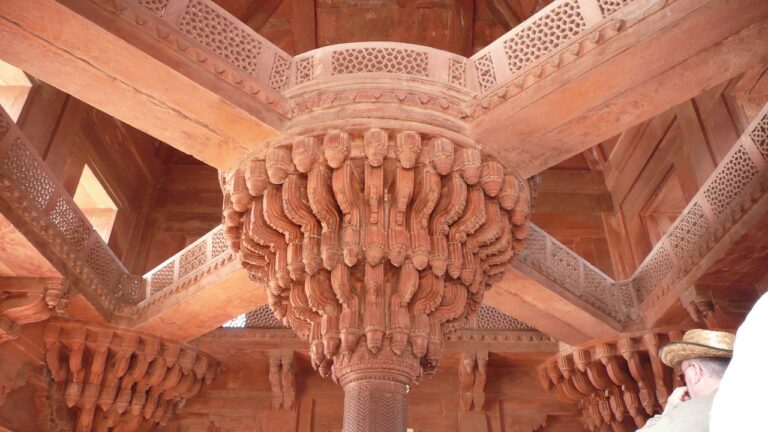Analyzing the Role of Political Dynasties in Shaping Electoral Systems
Political dynasties have played a significant role in shaping electoral systems throughout history. These powerful families often held immense influence over the political landscape, affecting the way elections were conducted and outcomes were determined. Their control over resources, networks, and voter bases allowed them to manipulate electoral processes to ensure continued success and dominance.
In many cases, political dynasties established a stronghold within key institutions, such as the judiciary and electoral commissions, enabling them to exert control over the rules and regulations governing elections. This level of authority granted them the ability to tailor electoral systems to their advantage, creating barriers for potential challengers and securing their positions of power for generations to come.
The Evolution of Political Dynasties in Shaping Electoral Processes
Political dynasties have played a significant role in shaping electoral processes throughout history. From monarchies to modern democracies, familial ties and inherited power have influenced the way elections are conducted and the candidates that are put forward. In some cases, political dynasties have established a sense of tradition and continuity, while in others, they have perpetuated inequality and hindered democratic principles.
The evolution of political dynasties in electoral processes has not been uniform across different regions and time periods. While some societies have embraced the idea of familial succession in politics, others have actively worked to dismantle dynastic influences. The impact of political dynasties on shaping electoral processes continues to be a topic of debate among scholars and policymakers, as the implications of familial power dynamics on governance and representation remain complex and multifaceted.
The Impact of Political Dynasties on Voter Behavior
Voter behavior is often influenced by a variety of factors, one of the most significant being the presence of political dynasties. Dynastic politics can shape how voters perceive candidates and parties, leading to decisions based on familial ties rather than qualifications or policies. In some cases, voters may feel a sense of loyalty or obligation to support a candidate simply because of their family name, regardless of the individual’s capabilities or track record.
Moreover, the prevalence of political dynasties can also discourage new and independent candidates from entering the electoral arena. The entrenched power and resources of established political families can create barriers for outsiders, making it challenging for fresh perspectives and diverse voices to emerge. This lack of competition may limit the choices available to voters, ultimately restricting their ability to make informed decisions based on a wide range of options.
• Voters may feel a sense of loyalty or obligation to support a candidate due to their family name
• Dynastic politics can shape how voters perceive candidates and parties
• Decisions based on familial ties rather than qualifications or policies
The impact of political dynasties goes beyond individual voter decisions, influencing the overall landscape of electoral competition. The dominance of certain families in politics can lead to a concentration of power and influence within a select group, potentially limiting the representation of diverse interests and perspectives within government bodies. This lack of diversity can result in policy-making that does not fully reflect the needs and priorities of all segments of society.
Furthermore, the perpetuation of political dynasties can contribute to a cycle of inequality and elitism in governance. As power is passed down through generations within specific families, opportunities for social mobility and upward mobility become increasingly limited for individuals outside these circles. This consolidation of power among political elites can reinforce existing disparities in wealth, education, and access to resources, further entrenching societal divisions.
• Dominance leads to concentration of power within select group
• Lack of diversity in representation
• Cycle contributes to inequality and elitism
How have political dynasties historically influenced electoral systems?
Political dynasties have historically influenced electoral systems by perpetuating a cycle of power within certain families, leading to fewer options for voters and potentially limiting political diversity.
How have political dynasties evolved in shaping electoral processes?
Political dynasties have evolved by utilizing their established networks and resources to maintain control over key aspects of electoral processes, such as campaign financing and party nominations.
What is the impact of political dynasties on voter behavior?
Political dynasties can influence voter behavior by creating a sense of familiarity and trust among constituents who may have longstanding relationships with a particular family or individual candidate. This can result in continued support for dynastic candidates regardless of their qualifications or performance.







